Like so many others, Alicia Doner-Freire’s eating disorder was at its worst when COVID began. The combination of many things — lacking control, feeling isolated, missing physical touch — contributed to her declining mental health as the eating disorder voice grew louder and louder.
I can relate entirely. Part of my motivation in starting this blog was because I had relapsed during COVID and knowing I wasn’t alone in my struggles. I thought sharing and being open about my challenges could be helpful to others. So when Alicia and I connected on Twitter, I was excited to see another Canadian woman campaigning for better access to eating disorder resources.
As of January 2022, Alicia will be studying at the University of Ottawa with the hopes of becoming a dietician. The 19-year-old is also a musician, former competitive swimmer and talented artist who sells her work on Etsy to raise funds for mental health services.
Coincidentally, I happened to be visiting Ottawa recently and we made plans to meet for coffee. Our one-hour chat turned into two hours, as we discussed our own eating disorder recovery journeys and how hard COVID had been for us. This is Alicia’s story.
After years of untreated suffering, Alicia was in an extreme mental health crisis. She had been in and out of emergency departments during 2019 and 2020, only to be released the next day after receiving enough fluids. (As if fluids alone were going to cure a deep-rooted eating disorder!) She was also involuntarily admitted to a psychiatric unit and stayed a week before her release.
Upon discharge, she was placed on the waitlist for the inpatient eating disorder program and told to “figure it out” on her own in the meantime. Alicia lasted three weeks at home, trying to recover with the help of her family. It was exhausting for everyone. She was ready to give up and go live on her own when — literally, as she was stepping out the front door, bags in hand — she received a call from the hospital. They had a spot for her and the admission date was less than a week away. So off she went, and that experience was both lifesaving and heartbreaking.
She shares her insight in this Q&A.
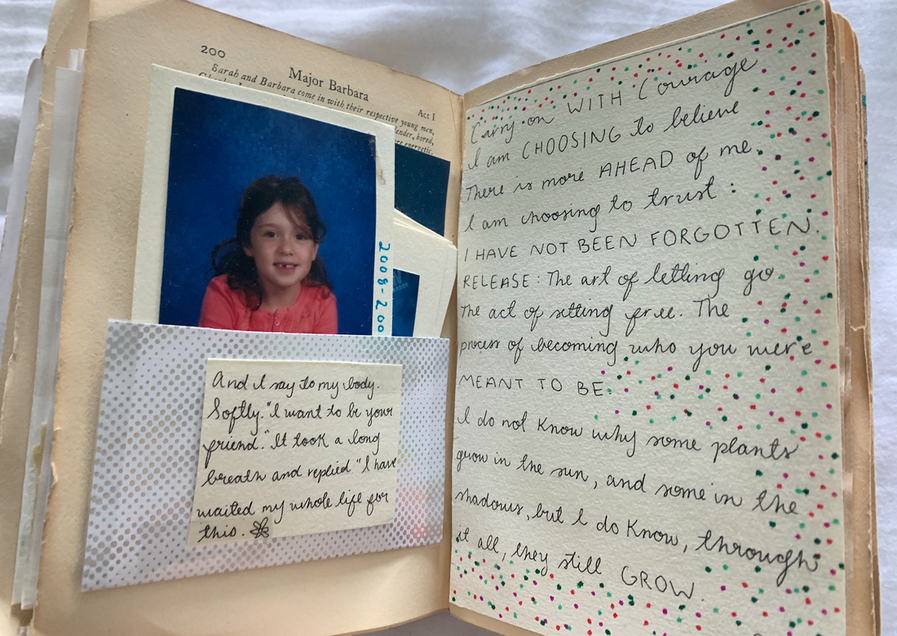
What do more people need to understand about eating disorders?
For many including myself, an eating disorder has very little to do with food and a lot to do with trauma. Trauma inflicts feelings of hopelessness, fear, anxiety, depression, OCD and, most significantly for me, a lack of control. When someone feels as if they lack control, an easy method to feel as if they have it is to control their input or output of things — including food. The amount you put in directly impacts the output, giving the impression that you are back in control, when really, the eating disorder is controlling you.
Navigating sexual and emotional trauma was near impossible for me, and I eventually decided that all would be better if I was just invisible and numb.
The inability to manage my trauma gave power to my eating disorder to act as a bandaid. It covered the wound so that I didn’t have to directly deal with it. Peeling off that bandaid was hard and dealing with the wounds underneath felt practically impossible — but it was liberating once I got through it, thanks to therapy and help from others.
What has your recovery experience been like?
When I was in the hospital, I saw firsthand how underfunded this mental health crisis is. There were two beds in the psychiatric unit devoted to eating disorder patients — and that’s it. It appalled me that in the capital of our country, there were only two beds. Two beds for one of the most deadly mental health crises? And that’s when I decided that if I wanted to change, I needed to be the change, and so I started a petition to create a separate Eating Disorder unit at the Ottawa Hospital’s Civic Campus to better support those struggling.
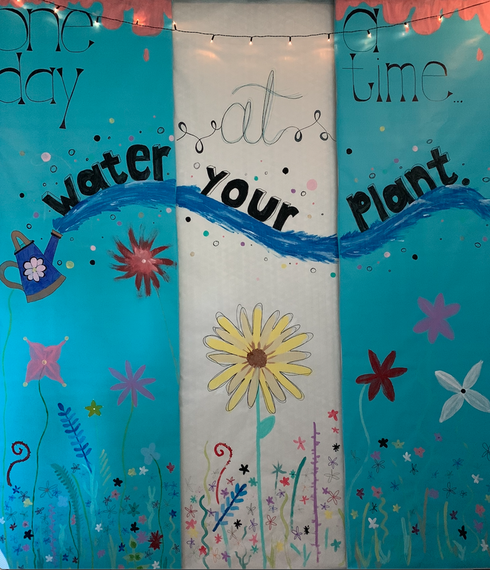
What was your biggest motivator to start the petition?
I have heard so many stories from people who have been denied help for their eating disorders. They had either been told that they were “not sick enough” to be hospitalized, but “too sick” to receive outpatient help. What kind of message does that tell someone who already feels as if they are on the outs of society? Someone whose mindset is that they are undeserving of help and adequate care? Everyone deserves equal access to treatment options.
What has the response to the petition been like?
The response from others shocked me immensely, especially the comments. The outpouring of support was overwhelming — it came from dieticians, high-ranking mental health workers and sufferers like myself. They were angry, exhausted and had felt hopeless for so long.
Comments began flooding my change.org page in a matter of days, proving that this was not just a personal concern but one of national urgency. I received many messages from others needing help and from mental health advocates ready to stand behind me in support. I even got a call from SiriusXM Canada to chat about what needed to be done. Creating this petition has brought visibility to a cause with a dire need for recognition.
Do you feel supported in your recovery today?
The best thing about the Eating Disorder Program was that they have an adequate follow-up, so you can practice in the real world what you’ve learned in a supervised setting like the hospital. I was followed both virtually and in-person to assure that I was staying on the right track. And when I wasn’t, I had people in my corner to help get me back to where I once was. Now that I’m no longer being followed by the hospital, I have resources to reach out to when I feel the struggle seeping in again from that shrinking eating disorder voice inside.
I have support, have been supported and would consider myself in a stable part of my recovery. I just long for the same support for others because it’s helpful when you have it, but getting to the point of receiving it is unbearable. Accessibility is important for everyone. For those who have been deemed “not sick enough” and for those who have been told they are “too sick.”
How can others support your mission?
My time in the eating disorder unit is over, but there are so many others who are deserving and worthy of the same love and support. Which is why we need a bigger unit. We need one that is not a part of the psychiatric unit inflicting more trauma to fragile people in a state of crisis, but instead in a nurturing environment where patients feel 100% supported by those around them.
Once my petition reaches 2,500 signatures, it’s likely to be picked up by local news, enhancing the voices of other advocates across Canada. So let’s get this ball rolling for adequate help for all, shall we?
Help Alicia by checking out the links below:
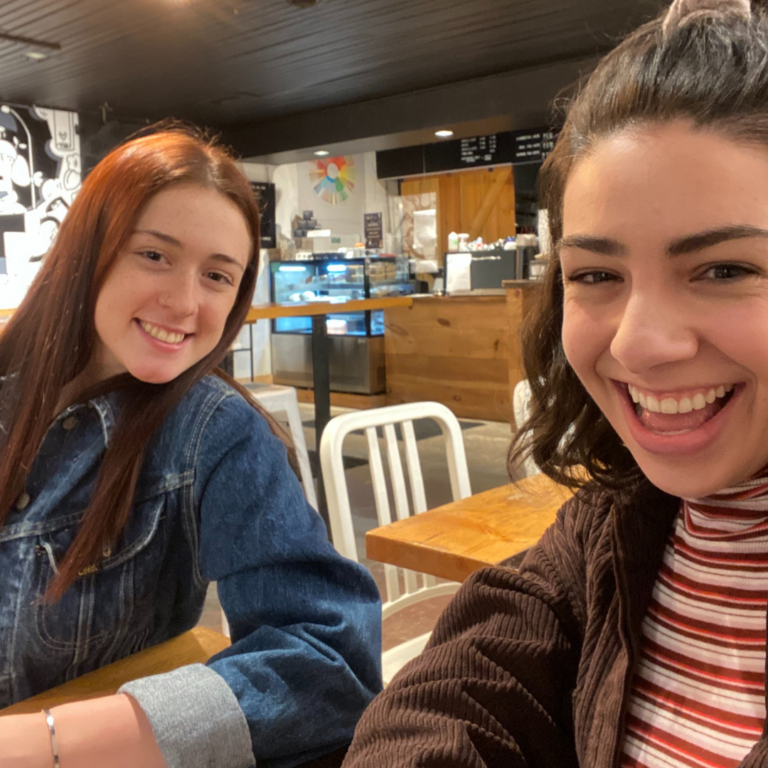
Speaking to Alicia in person, I could hear the passion in her voice and see how much she cares about this issue. We both agreed to meet again next time I’m in Ottawa.
It takes a lot of courage and resilience to put your own face and story into a cause, like Alicia has done, and I’m so grateful for her time to chat with me. It’s incredibly inspiring. I have no doubt she’ll achieve (and likely surpass!) her goal in getting 2,500 signatures for her petition. ❤️
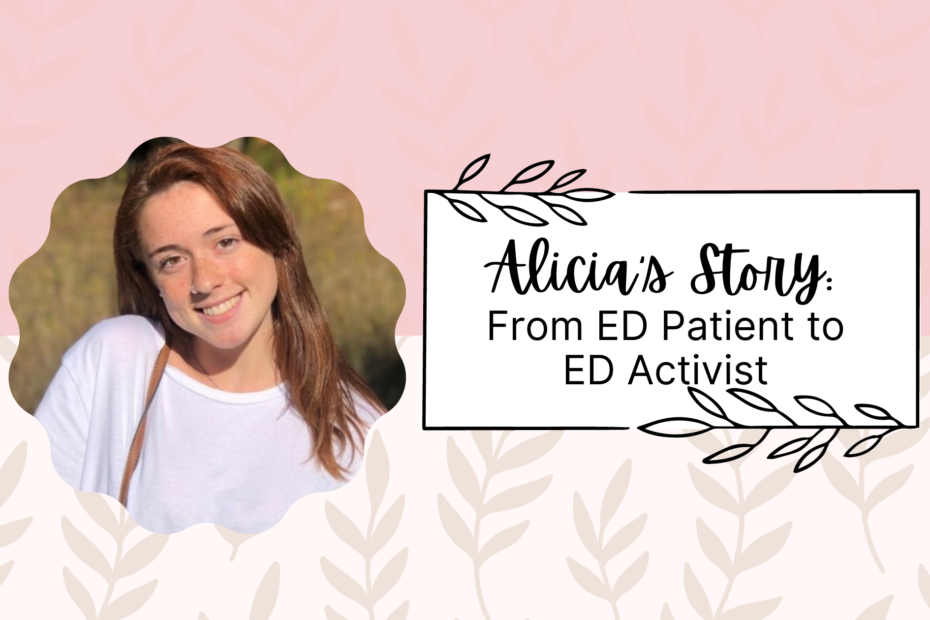






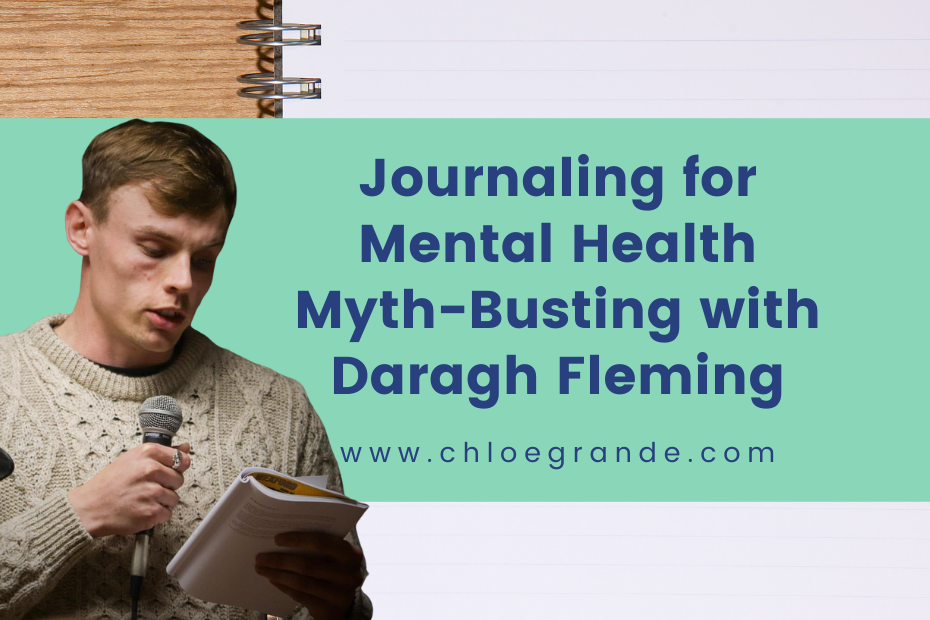

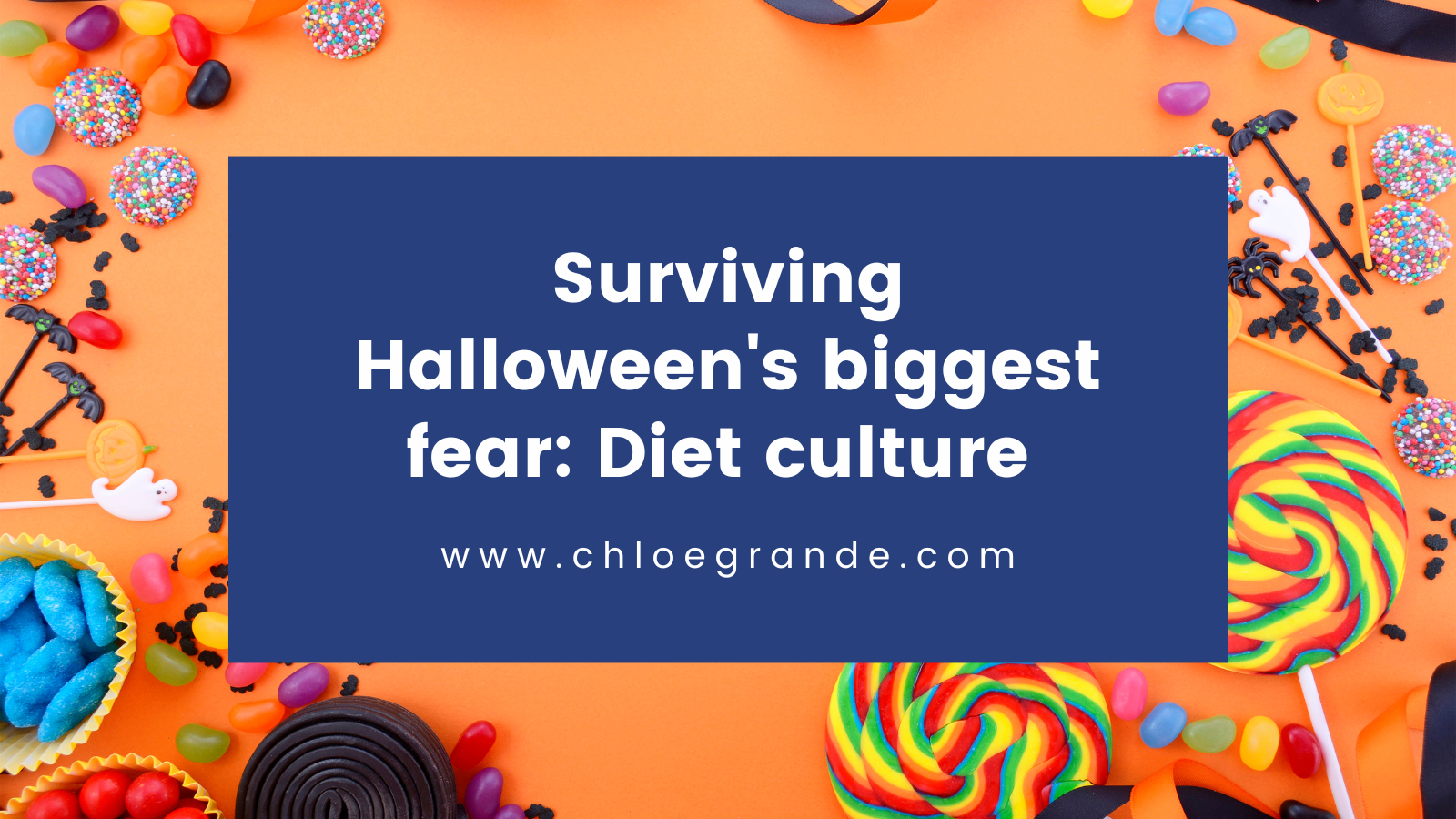
Congrats, Chloë, on exposing the underfunding of mental health in general, and eating disorders in particular !
Appreciate the kind words, thank you so much ❤️